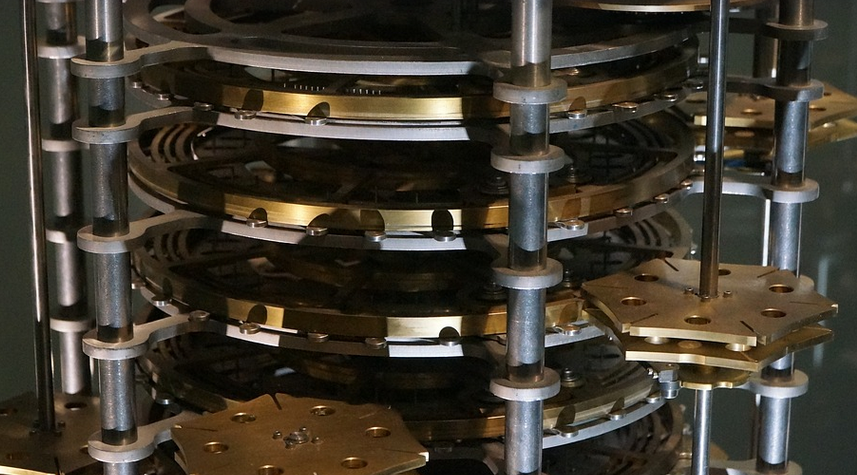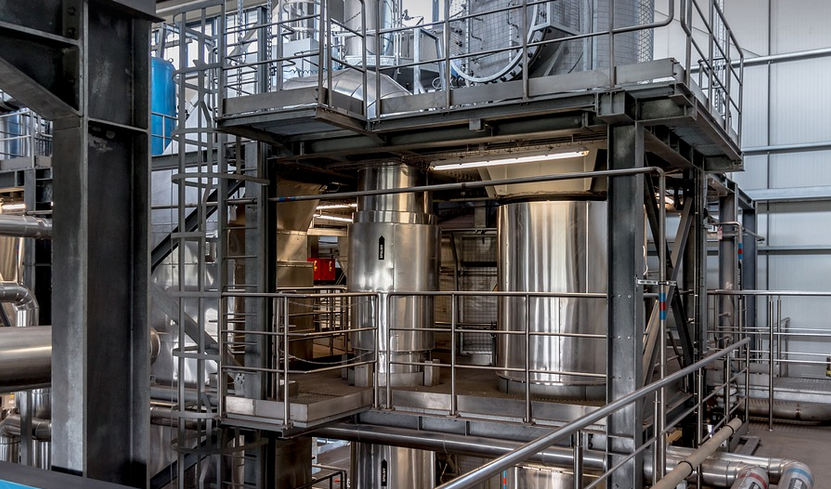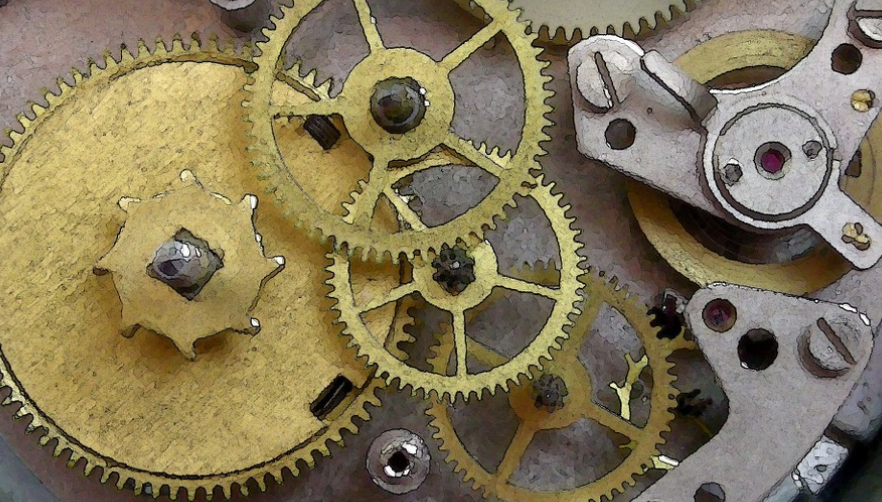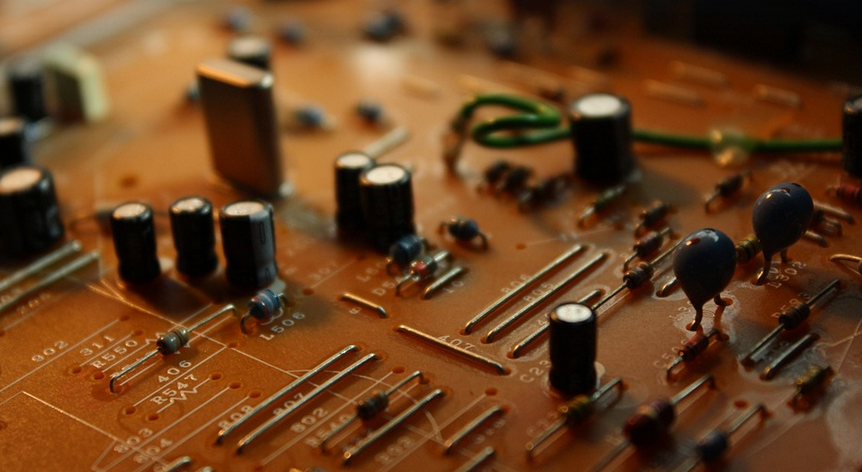The Church’s Perspective on Life and Science
For centuries, the Catholic Church has been a strong voice on issues of life and ethics. From the sanctity of human life to the dignity of every individual, the church has consistently emphasized these fundamental principles in its teachings. This deep-rooted perspective often impacts discussions surrounding scientific advancements, especially those as complex and impactful as stem cell research.
The Catholic Church’s stance on stem cell research is rooted in its belief that all human life is sacred from the moment of conception. The church holds that embryonic stem cells are intrinsically valuable because they represent the beginning of a human life. This perspective stems from the belief that human embryos, formed through the union of sperm and egg, possess an inherent dignity that must be respected and protected.
The Church’s teachings extend beyond the sanctity of human life to encompass the understanding of humanity as being created in the image of God. This idea underscores the belief that every individual possesses intrinsic worth and should be treated with respect throughout their lives. Stem cell research, therefore, raises ethical dilemmas related to manipulating and potentially destroying these fragile beginnings.
Navigating Complex Ethical Concerns
Stem cell research is a field brimming with potential for medical breakthroughs, offering immense possibilities for treating debilitating diseases. For many, the promise of curing illnesses like Parkinson’s disease, Alzheimer’s disease, or spinal cord injuries holds undeniable allure. However, this progress raises complex ethical concerns that require careful consideration.
The Church’s position on stem cell research is shaped by a complex set of considerations. While acknowledging the potential benefits of stem cell research for medical advancement, the church emphasizes the importance of safeguarding human life and upholding its sanctity from the moment of conception. This emphasis places them at a point of tension between scientific progress and ethical responsibility.
The Church’s stance is further influenced by the belief that the deliberate creation of embryos specifically for research purposes could potentially lead to a disregard for human life or even exploitation. This concern underscores the need for robust ethical guidelines and regulatory frameworks that ensure responsible practices within stem cell research.
A Holistic Approach to Ethical Considerations
The Church’s stance on stem cell research requires a holistic approach that considers not just scientific advancements but also their potential impacts on human life. This perspective acknowledges the intricate relationship between science, technology, and ethics. The church emphasizes the need for a deeper understanding of the complex ethical implications of stem cell research.
The church encourages dialogue and open discussions involving scientists, policymakers, and theologians to develop comprehensive ethical guidelines that balance scientific progress with the inherent value of human life. This process requires thoughtful engagement with scientists, ethicists, and religious leaders who can offer diverse perspectives on a complex issue.
The Role of Catholic Institutions in Guiding Research Practices
Catholic institutions play an important role in shaping ethical practices within stem cell research. These institutions have the responsibility to ensure that research adheres to the values of respect for human life, dignity, and moral principles.
Catholic universities and research centers often hold conferences, seminars, and workshops on ethical issues related to stem cell research. Such initiatives provide a platform for researchers, students, and religious leaders to engage in critical conversations surrounding these complex questions. These discussions foster deeper understanding of the ethical challenges and inspire responsible research practices.
Catholic healthcare organizations are also actively involved in promoting ethical use of stem cell technologies. They encourage collaboration between medical professionals, bioethicists, and patients to ensure that treatments are aligned with the Church’s teachings on respecting life’s sanctity.
The Future of Stem Cell Research: Balancing Hope and Responsibility
The future of stem cell research holds immense potential for revolutionizing medical advancements. However, this progress must be guided by strong ethical frameworks that ensure responsible practices. Finding the right balance amidst scientific progress and ethical responsibility is crucial to ensuring that stem cell research fosters hope while upholding human dignity.
As we continue to explore the intricate world of stem cells, the Catholic Church’s perspective on this topic will remain a source of dialogue and discussion. The church emphasizes the importance of engaging in open conversations that allow for nuanced understanding of these complex issues and guide us towards responsible advancements in stem cell research.
The future of stem cell research lies in finding solutions where science, ethics, and faith can work together to advance medical knowledge while remaining true to their core values. It’s about navigating the ethical labyrinth with compassion and wisdom, ensuring that human life remains at the center of all scientific endeavors.



